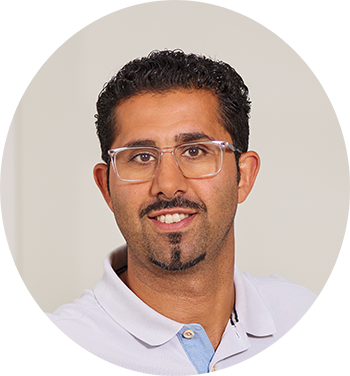Sports medicine is a branch of medicine that focuses on the prevention, diagnosis, treatment, and rehabilitation of injuries related to sports and exercise. It encompasses a multidisciplinary approach, involving physicians, orthopedic surgeons, physical therapists, athletic trainers, nutritionists, and sports psychologists.
Key aspects of sports medicine include:
- Injury Prevention: Strategies and techniques to prevent injuries during physical activity and sports participation.

- Diagnosis: Identifying and diagnosing sports-related injuries, which can range from acute injuries like sprains and fractures to overuse injuries such as tendonitis and stress fractures.
- Treatment: Providing medical treatment options tailored to athletes and active individuals, which may include physical therapy, medication, injections, or in some cases, surgical intervention.
- Rehabilitation: Guiding athletes through the process of recovering from injuries, including rehabilitation exercises and therapies aimed at restoring function and returning to sports safely.
- Performance Enhancement: Helping athletes optimize their performance through techniques such as biomechanical analysis, strength and conditioning programs, and nutrition advice.
- Education: Educating athletes, coaches, and trainers about injury prevention, proper training techniques, and overall health and wellness.
Injury prevention is a critical aspect of sports medicine and encompasses various strategies aimed at reducing the risk of injuries during physical activity and sports participation. Here are some key principles and methods used in injury prevention.
Diagnosis in sports medicine involves identifying and understanding the nature and extent of injuries or conditions that affect athletes and active individuals. Here are the key aspects involved in the diagnostic process.
Treatment in sports medicine aims to promote healing, restore function, manage pain, and facilitate a safe return to sports or physical activity. The specific treatment approach depends on the type and severity of the injury or condition. Here are common components of treatment in sports medicine.
Rehabilitation in sports medicine is a structured and progressive process aimed at restoring function, improving strength and flexibility, and facilitating a safe return to sports or physical activity following an injury or surgery. Here are the key components and principles of rehabilitation.
Performance enhancement in sports medicine involves strategies and interventions aimed at optimizing an athlete's physical and mental abilities to improve overall athletic performance. Here are key components and approaches used in performance enhancement.
Education in sports medicine plays a crucial role in empowering athletes, coaches, parents, and the broader community with knowledge and skills related to injury prevention, health promotion, performance enhancement, and overall well-being. Here's how education is essential in sports medicine.

Dr. Med. Mahmoud Taghavi
Specialist in General Medicine
Specialist in occupational medicine FMH
BAV medical officer
Diving doctor (SUHMS / GTÜM)


